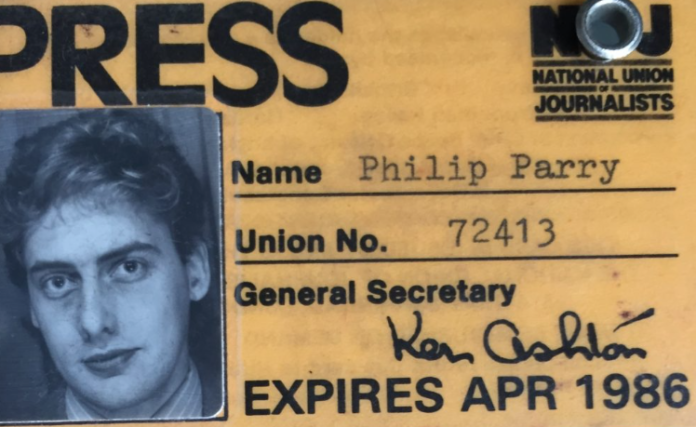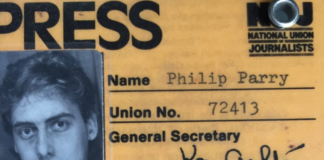- Bombs away! - 28th February 2026
- Massaging the truth - 27th February 2026
- ‘It’s the new economy, stupid…’ - 27th February 2026

During 23 years with the BBC, and 40 years in journalism (when he was trained to use simple language, avoiding jargon), our Editor, Welshman Phil Parry, has always fought to show there are MANY different types of journalism. For example his own type (investigative) is light years away from feature or sport reporting, and now comes news of a campaign to honour another sort – war coverage, when many of the reporters involved have been killed doing their jobs.
Their bravery must be saluted.
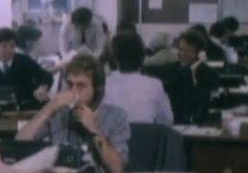
Although the heroics of war reporting are completely different from the type of journalism I undertake (indeed I fail to understand the attraction), I still see them as cousins in the trade, and I applaud their courage.
Every day they risk their lives to share important information with the audience about what is happening in a foreign country.
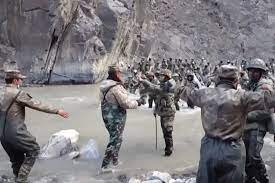
Sometimes these journalists pay the ultimate price.
Since 2000, 16 UK journalists have been killed in the course of their reporting, according to the International Federation of Journalists.
In 2023 alone, 128 journalists and media workers were killed worldwide.
One of the most high-profile cases was the death of The Sunday Times’s Marie Colvin, whose despatches from the Syrian city of Homs led to her being deliberately targeted and killed in 2012.

There have, however, been countless others who are not household names, and therefore do not receive the attention they deserve.
But there is, now, a move to change all that.


A campaign has been launched to establish the UK’s first memorial dedicated to journalists who have died while reporting from conflict zones.
On the Record: The National Memorial to Journalists on the Frontline is an initiative led by Press Gazette (PG) (a trade magazine and bible for reporters), Andrew Baud, and a group across the journalistic sector.
 It is hoped it will be sited at the National Memorial Arboretum in Alrewas, Staffordshire.
It is hoped it will be sited at the National Memorial Arboretum in Alrewas, Staffordshire.
The group behind it want a sculpture, which in future will be complemented by a digital database containing the stories of UK journalists who died in the line of duty.

Organisers say the project aims to honour bravery and sacrifice in pursuit of the truth by creating a permanent place of remembrance for journalists who have lost their lives.
Mr Baud, who has worked closely with the National Memorial Arboretum for more than 16 years, declared: “Some time ago I received a letter from a member of the public who asked why there wasn’t a memorial to war correspondents at the Arboretum.
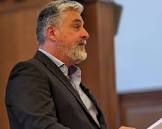
“Having worked with journalists for my whole professional life and understanding the importance of remembering those who have sacrificed their lives for the greater good, the creation of a memorial to journalists reporting from the front line has become a personal mission for me.”
PG editor-in-chief Dominic Ponsford proclaimed: “Journalists risk their lives every day to shine a light into some of the darkest corners of the world.
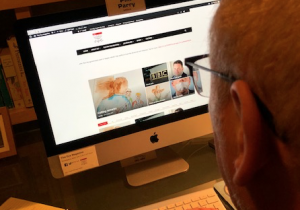
“This memorial should serve as a reminder of the importance of the work we all do in the news business.”
The organisers have all the support of The Eye.
‘Light’ seems to be the operative word, because our mission statement is: ‘Finding Light In Darkness’ ‘Goleuni Yn Y Tywyllwch’.

The memories of Phil’s decades-long award-winning career in journalism (when he considered being brave confronting crooks while wearing hidden cameras, but is as nothing compared with what other journalists do), as he was gripped by the rare disabling condition Hereditary Spastic Paraplegia (HSP), have been released in a major book ‘A GOOD STORY’. Order it now!
Regrettably publication of another book, however, was refused, because it was to have included names.
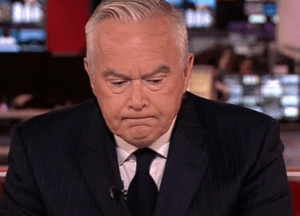
Tomorrow – the disturbing news that the BBC were told about the behaviour of so-called journalist Huw Edwards three years ago, but merely ‘warned’ him, which has raised major questions about the giant corporation’s procedures, with one former executive saying that heads should roll.









